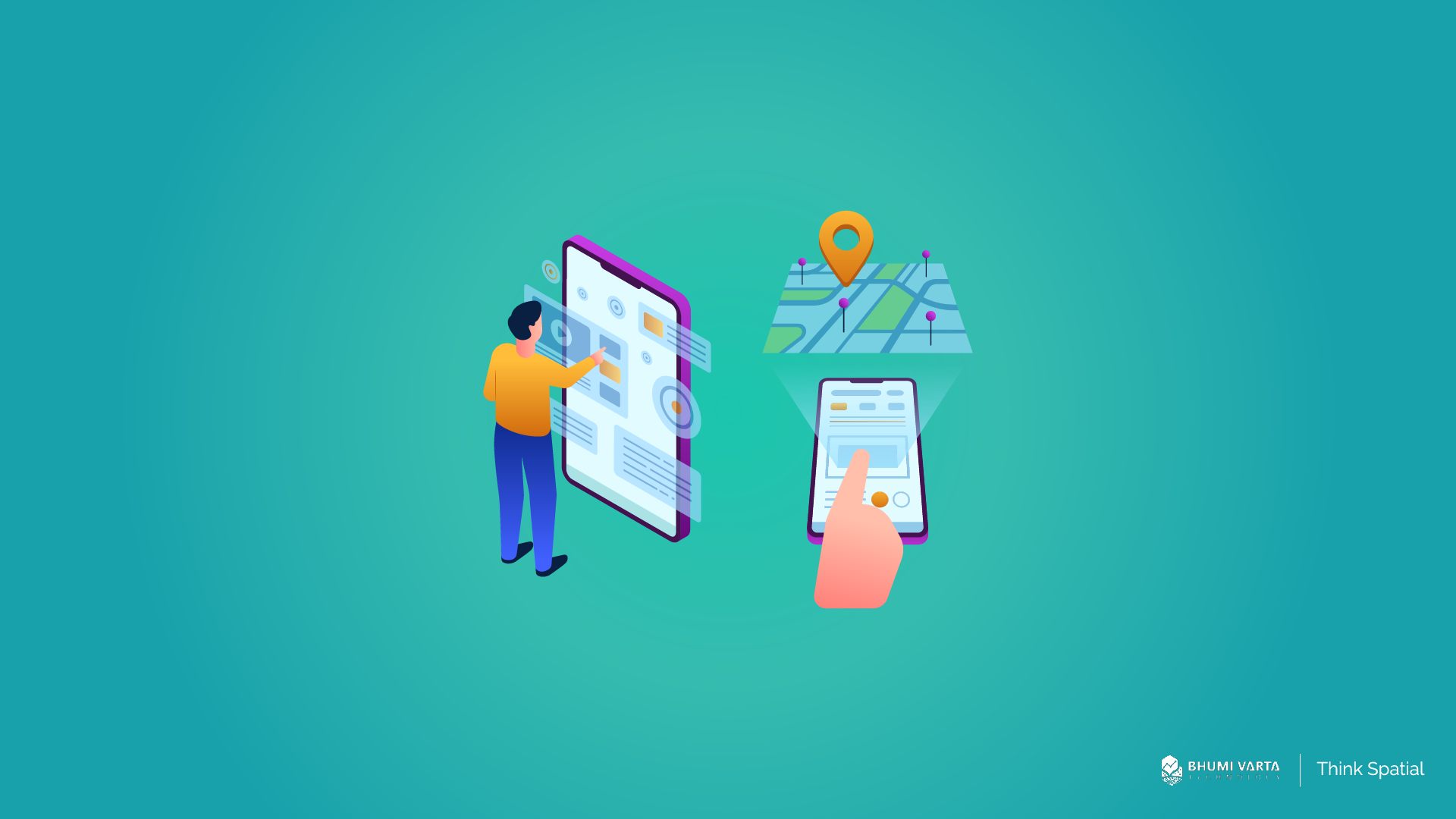Field sales teams are always on the go, juggling multiple tasks in a day. From meeting clients and researching the market to following up on leads, everything needs to be managed efficiently. That’s why having a solid sales schedule is a game-changer!
With the right scheduling, field sales teams can set priorities and make sure every task gets done without a hitch. This not only boosts productivity but also makes work hours more effective.
In this article, we’ll dive into sales scheduling—what it is and why it’s essential for your business.
Contents
What Is Sales Scheduling?
Sales scheduling is the process of planning and managing visit schedules for both potential and existing clients assigned to the field sales team. This process includes creating a systematic schedule, mapping out travel routes, and setting visit priorities based on client potential and business needs.
The main goal of sales scheduling is to help the field sales team use their time as efficiently and productively as possible. With proper scheduling, the team can stay focused on high-potential clients, ensuring that every visit is purposeful and well-planned.
Sales scheduling plays a crucial role in managing and maintaining field sales productivity. It can significantly impact the success or failure of securing client contracts or closing deals.
Proper scheduling enables the field sales team to make thorough preparations—understanding client needs, refining communication strategies, and organizing necessary materials or documents for a smooth negotiation process.
Benefits of Sales Scheduling
Sales scheduling helps field sales teams plan, organize, and optimize their visit schedules for greater efficiency. Below are some key benefits that businesses and field sales teams can gain from implementing a structured sales schedule.
Optimizing Time
With a well-planned sales schedule, field sales teams can clearly identify which tasks to prioritize and allocate their time accordingly. This allows them to concentrate on high-impact activities, such as engaging with potential clients who have a strong chance of conversion.
By following this approach, field sales teams can stay more focused, minimize time spent on less impactful tasks, and enhance overall productivity. As a result, businesses can create more sales opportunities, accelerate the deal-closing process, and drive revenue growth.
Distribute Workload Fairly
Every field salesperson has a workload, but if it’s not distributed fairly, it can lead to various team issues. An imbalance may cause dissatisfaction, jealousy among team members, and even a decline in motivation. In the long run, this can result in losing talented salespeople who feel overworked or underappreciated.
With sales scheduling, task distribution, and visit schedules can be managed more fairly and evenly. Each team member receives a balanced number of potential clients and work areas, ensuring that no one feels overwhelmed or lacks opportunities.
Besides preventing workload inequality, this system also boosts team morale, motivates salespeople to perform at their best, and fosters a healthier, more productive work environment. As a result, job satisfaction increases, employee turnover decreases, and the business can grow more effectively.
Better Consumer Experience
A structured sales schedule helps field sales teams manage their time more effectively, allowing them to provide the best possible service to potential clients.
With a well-organized schedule, sales teams can thoroughly research potential clients’ needs and preferences before meeting with them. This enables them to develop a more relevant approach, create compelling presentation materials, and bring data or solutions that align with client expectations.
Additionally, a well-prepared sales team can deliver more engaging presentations, confidently address client questions, and provide well-thought-out solutions. These professional and informative interactions not only increase the likelihood of closing deals but also enhance the overall client experience. When clients feel understood and receive exceptional service, they are more likely to remain loyal to the business.
Boost Productivity with Easy Sales Scheduling Using LOKASI Targetin
LOKASI Targetin is a platform integrated with location intelligence and comprehensive geospatial data, designed to help businesses manage and optimize their field sales teams. With LOKASI Targetin, businesses can easily handle sales scheduling, data input, data visualization, and attendance tracking.
LOKASI Targetin simplifies the process of scheduling, adjusting, and modifying field sales visit plans based on business needs. Additionally, it enables businesses to monitor their field sales teams’ locations in real time.
LOKASI Targetin is also equipped with geospatial data, allowing businesses to identify Points of Interest (POIs) in different areas. Field sales teams can even discover new opportunities along their travel routes, maximizing sales potential.
Learn more about how LOKASI Targetin can benefit your business by reaching out to us: Email: [email protected] , WhatsApp: 087779077750
FAQs
What is Sales Scheduling?
Sales scheduling is the process of planning and organizing field sales team visits to potential clients. This includes determining the best time, location, and order of visits to ensure meetings run efficiently and deliver optimal results.
What is the purpose of sales scheduling?
The primary goal of sales scheduling is to help field sales teams visit potential clients in an efficient and structured manner. Proper scheduling allows teams to cover multiple clients in a single trip, minimizing wasted time and maximizing productivity.
What are the benefits of sales scheduling?
Sales scheduling offers several benefits, including optimizing time management, balancing workloads, and enhancing the overall customer experience.



